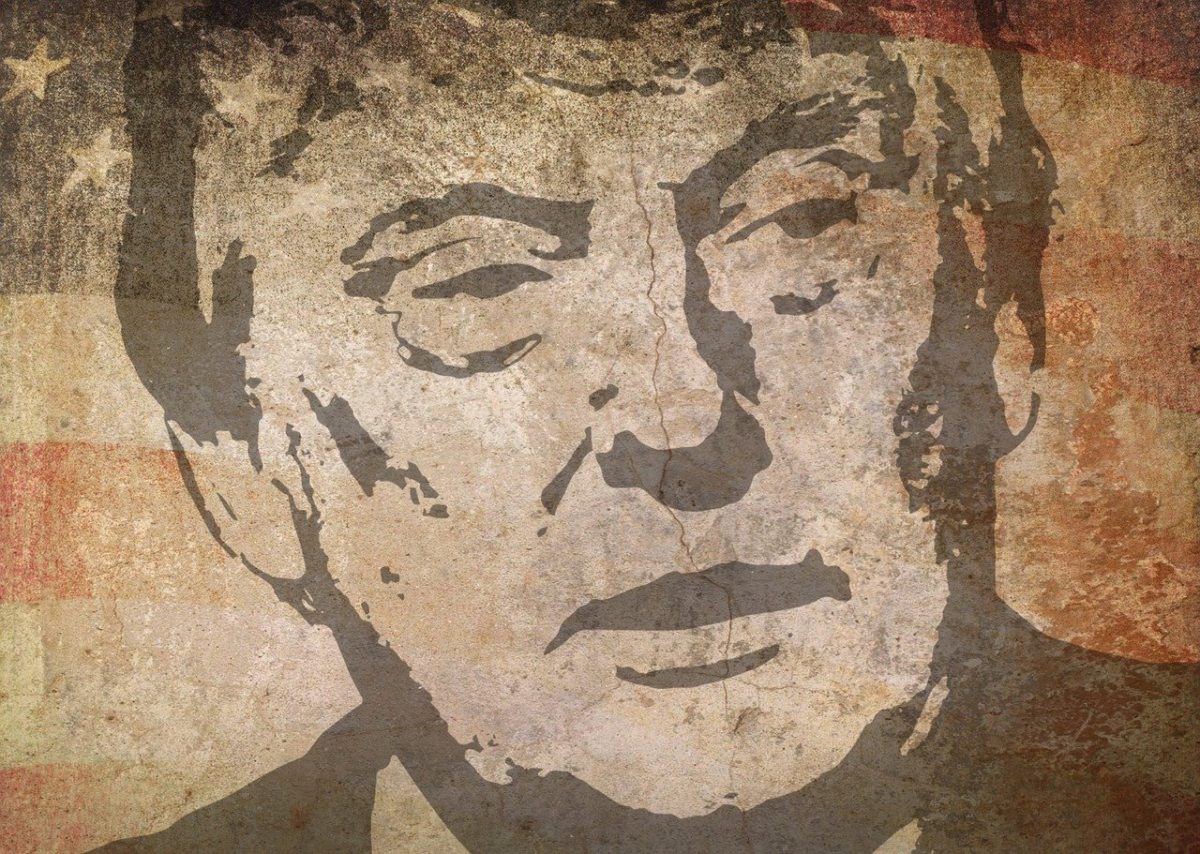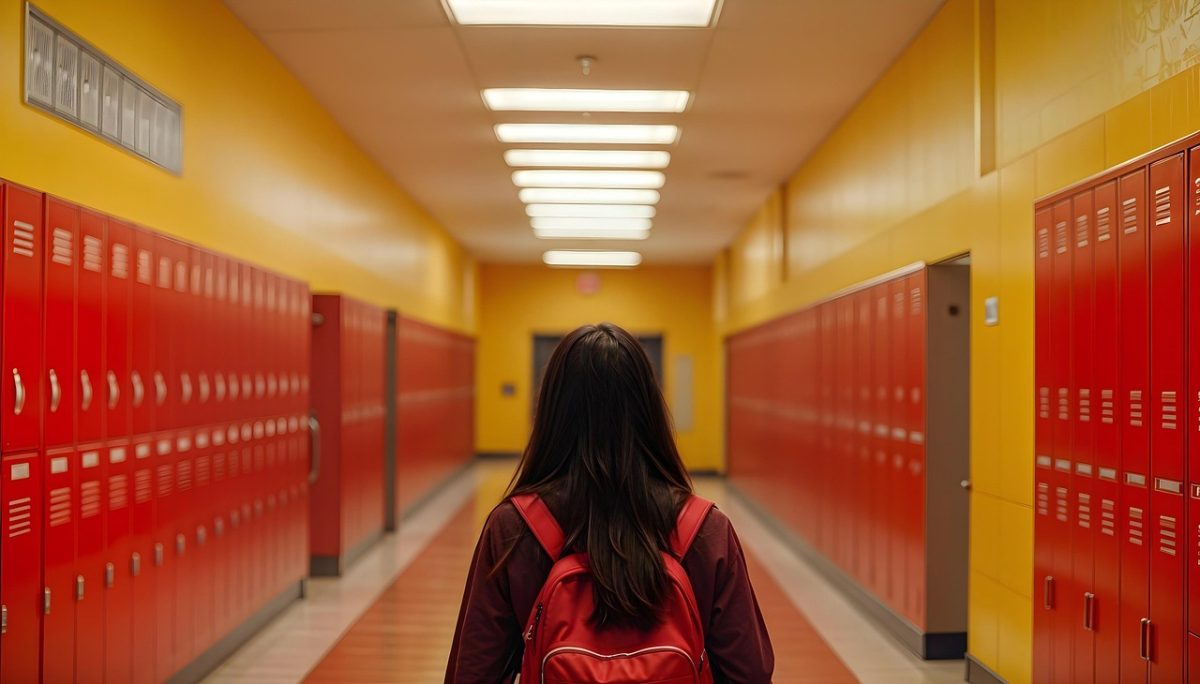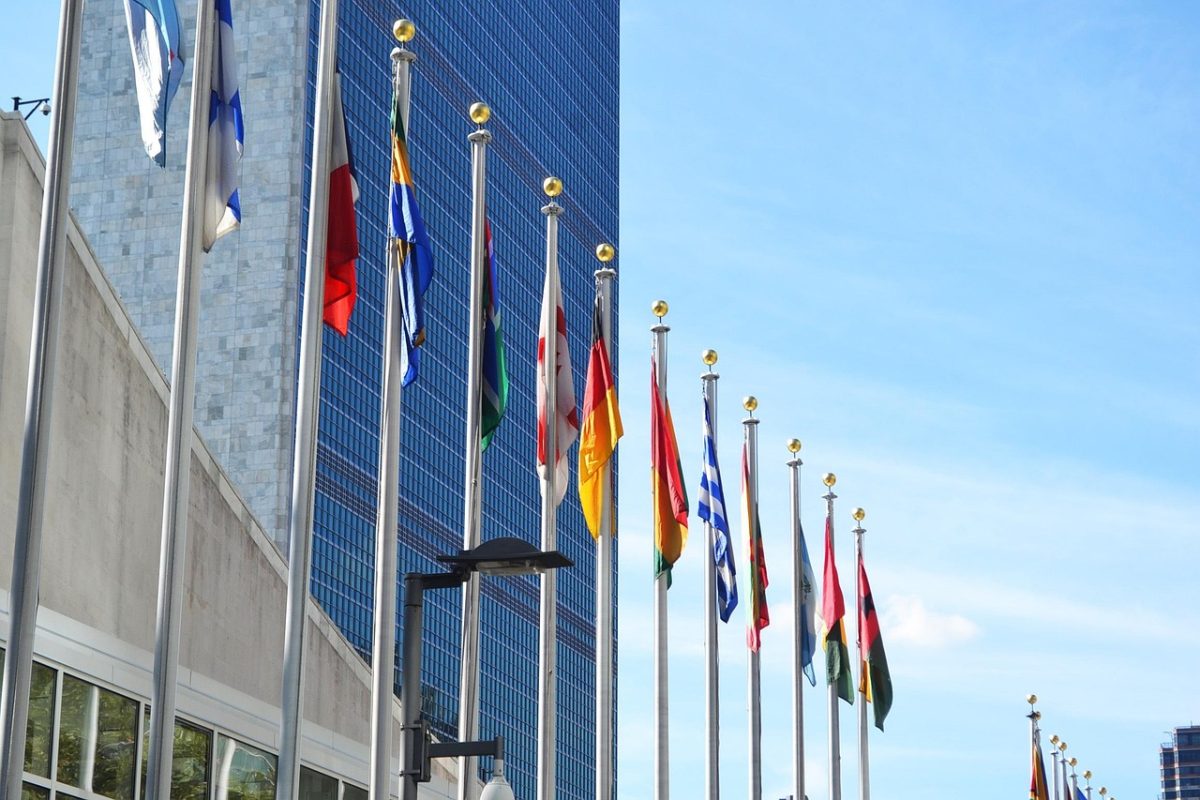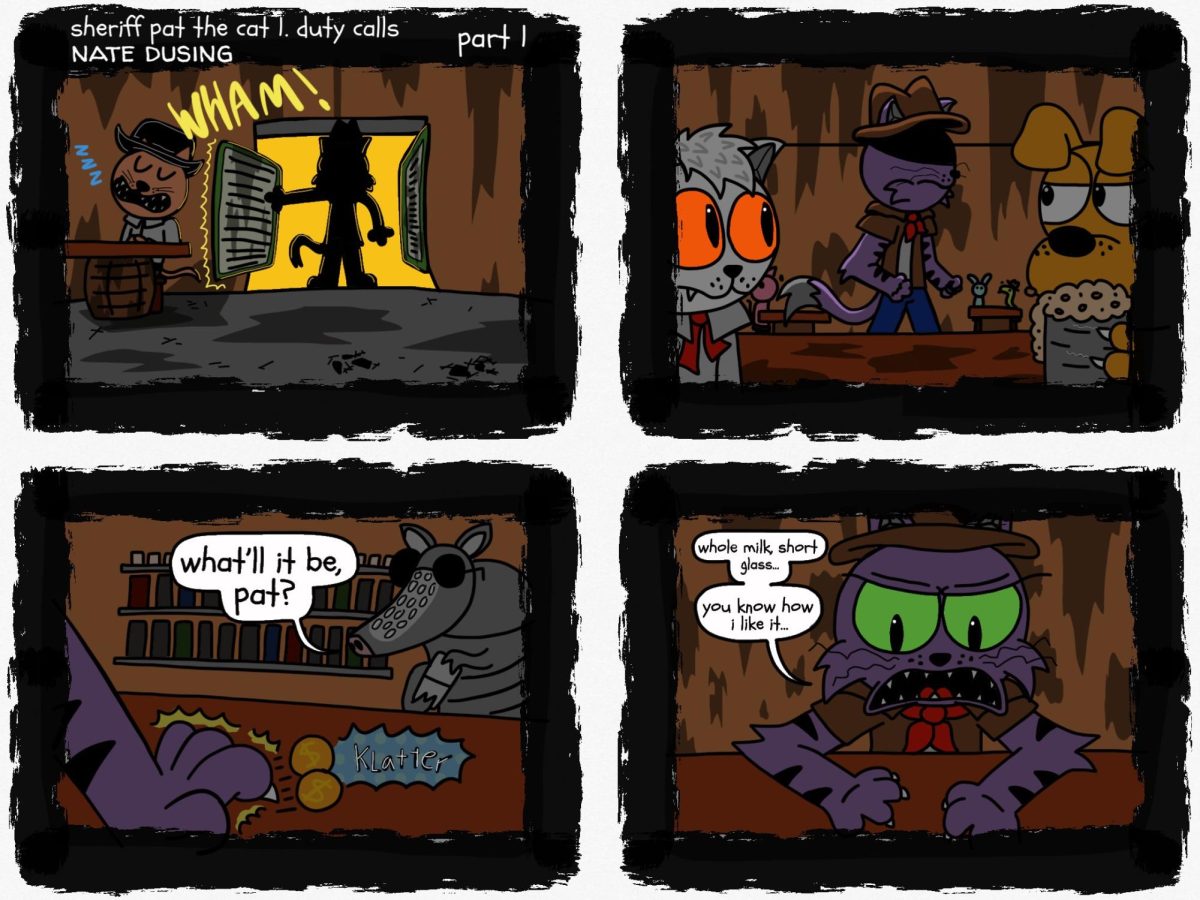What does it mean for a book to be banned?
When a book or any other form of literature becomes restricted or prohibited in any way, it is considered banned. Banning books is usually a form of censorship based on political, religious, moral, or commercial differences. Governments, libraries, or school systems usually initiate the bans. If a book is banned from a school or a library, it will be physically removed.
Conflict
Some believe that any form of censorship is a direct violation of the First Amendment of the Constitution. The First Amendment guarantees citizens’ right to free speech, which is clearly represented in the ability to read and write literature of any nature. In removing books–or choosing only a certain kind of book to be present in public spaces–the government may violate the First Amendment and raise concerns about the legality of it all. Freedom of speech is an individual right we have as Americans, and many believe that banning books in any form is wrong. These debates surround not only schools and libraries but also censorship and blocked access to significant cultural literature.
Danger
One of the most concerning aspects of book banning is that bans on “dangerous books” often seem to have religious and political ideology behind them. In recent years, books that emphasize diversity, race, religion, LGBTQIA+, and historical themes have been at the top of banned book lists. As adults limit exploration of and education on different cultures and values, students are unable to explore and reflect; they may come to accept the fact that they won’t be represented in the media. Books help students understand the complexity of life and come to their own conclusions about the world around them. The more that students are exposed to and read different kinds of literature, the more things that they will learn and come to understand. The concern for children remains that there is a strong suppression of independent expressions and freedoms. Being exposed to different ideals and viewpoints is necessary to form well-rounded beliefs.
Relevance
Year after year, more and more books are being banned and removed across the country. Books improve learning, imagination, stress, memory, and emotional intelligence, but if they continue to be removed from society, culture will surely suffer. Banning these pieces of literature means that an important part of our culture disappears. How can we expect future generations to learn and grow if they aren’t exposed to a variety of works? Controlling the media prevents others from progressing and understanding important ideals. Having access to “controversial” literature does not mean that such literature is the truth; it just allows others to understand the conflicts of the past and the debates of the future. Books provide a massive force for change in society and always have. They promote discussion and must be representative of our society as a whole–not just certain groups of people.












